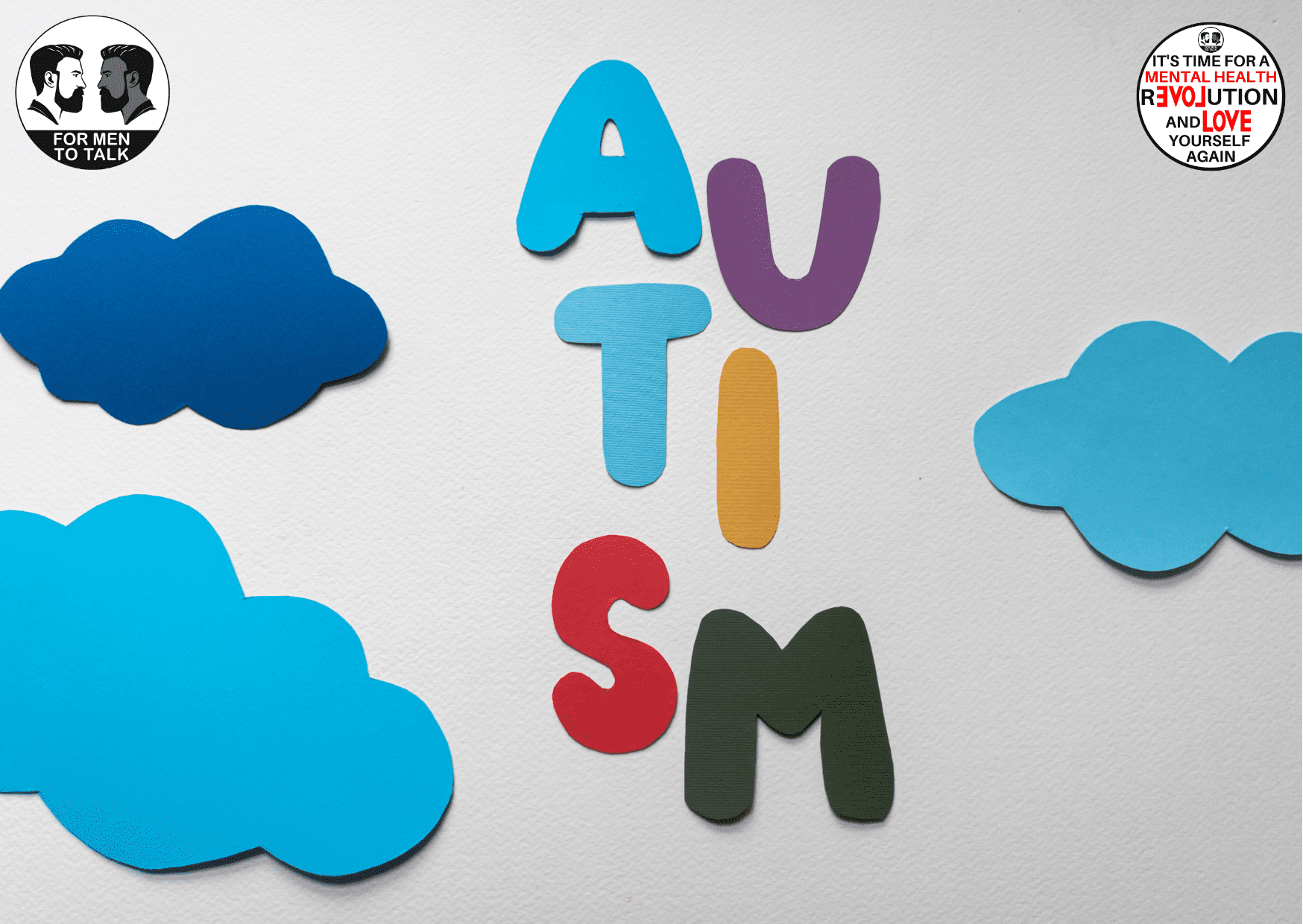What is high-functioning autism?

High-functioning autism (HFA) is a subtype of autism spectrum disorder (ASD) characterised by milder symptoms and better verbal and cognitive abilities than those with classic autism. Individuals with HFA may have difficulty with social interactions and communication, as well as restricted and repetitive behaviours, but are able to live independently and often excel in academics and other areas of life.
Symptoms of HFA can vary widely, but common signs include difficulty understanding social cues, problems with nonverbal communication such as eye contact or facial expressions and difficulty making friends or keeping friends. People with HFA may also have difficulty understanding sarcasm, idioms and other forms of figurative language.
In terms of restricted and repetitive behaviours, people with HFA may have strong interests in specific topics, such as cars or dinosaurs, and be highly knowledgeable in those areas. They may also have repetitive routines or rituals that they feel the need to stick to. These behaviours are often associated with those who have Asperger’s Syndrome, which is often considered a subcategory of HFA.
While people with HFA may have better cognitive and verbal abilities than those with classic autism, they may still have difficulty with some academic and organisational tasks, such as planning and time management. Many people with HFA are highly intelligent and may excel in areas that interest them, such as math or science.
It’s important to note that the diagnosis of HFA is based on the severity of symptoms and the level of impairment they cause, not just on cognitive and verbal abilities.
In terms of treatment, HFA is treated similarly to classic autism with a combination of therapies, such as speech therapy, occupational therapy and applied behaviour analysis (ABA) to help improve social interactions, communication and behaviours. Additionally, therapy to address cognitive and organisational skills, such as social skills training, support groups, and counseling may be beneficial. Medication may also be prescribed to address certain symptoms, such as anxiety or hyperactivity.
It’s also important to remember that every person with HFA is unique and their experience of autism may be different from others. Therefore, a comprehensive assessment, tailored support and intervention will be needed for each individual.